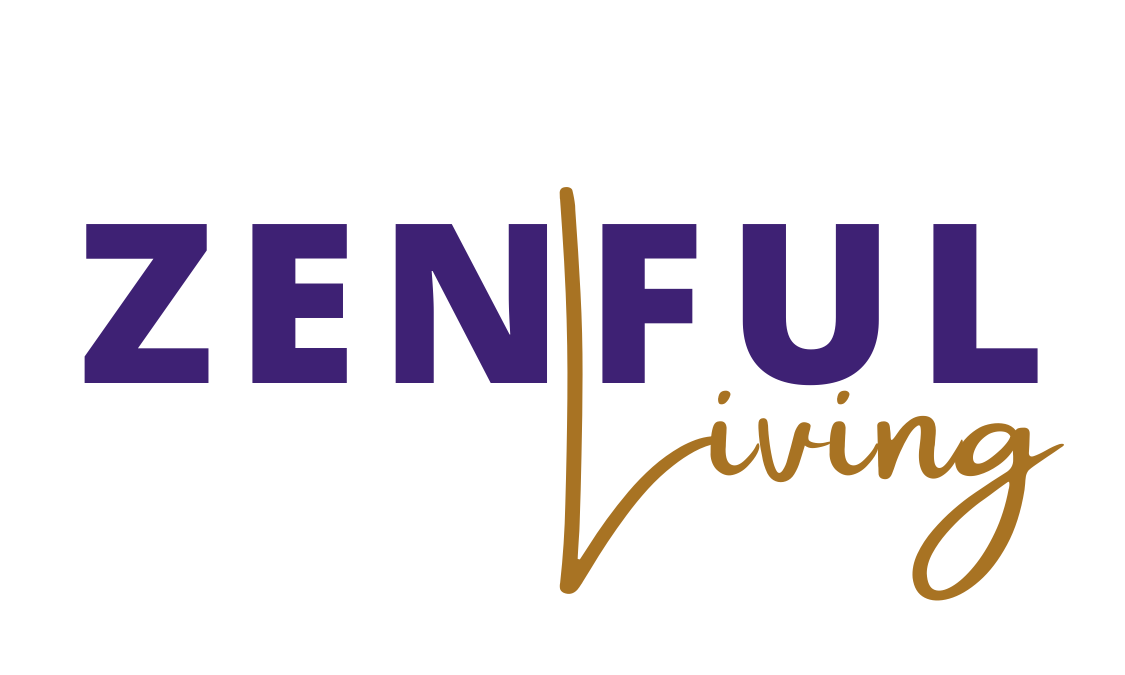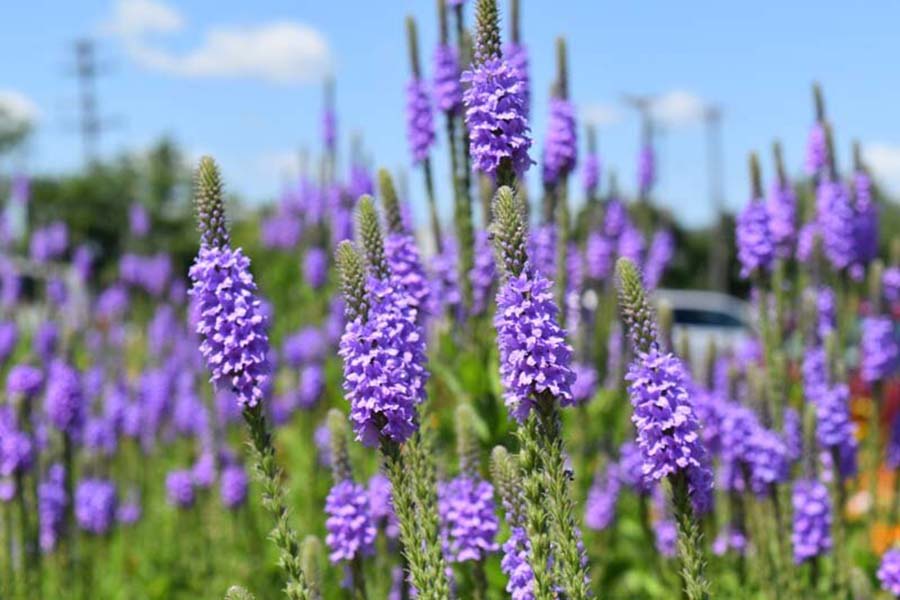Vervain (Verbena officinalis), also known as common vervain or common verbena, is a flowering perennial plant native to Europe and Asia. Alternative practitioners believe it offers many health benefits. The plant is recognized by its jagged, tooth-shaped leaves and clusters of delicate, mauve or pale-purple blossoms.
Rich in plant-based compounds known as flavonoids, vervain is thought to have potent anti-inflammatory, antibacterial, antispasmodic, and analgesic (pain-relieving) effects. There are even those who contend that vervain has anti-tumor properties that can help fight cancer.1
This article describes the potential benefits of vervain, including what the current research says about this popular herbal remedy. It also explains the possible risks and side effects of vervain supplements and to how them safely.
Also Known As
- American blue verbena
- Simpler’s joy
- Holy herb
- Mosquito plant
- Wild hyssop
- Mǎ biān cǎo (traditional Chinese medicine)
Dietary supplements are not regulated in the United States, meaning the Food and Drug Administration (FDA) does not approve them for safety and effectiveness before products are marketed. When possible, choose a supplement that has been tested by a trusted third party, such as USP, ConsumerLabs, or NSF.
However, even if supplements are third-party tested, that doesn’t mean that they are necessarily safe for all people or effective in general. Therefore, it is important to talk to your healthcare provider about any supplements you plan to take and check any potential interactions with other supplements or medications.
Supplement Facts
- Active ingredient(s): Vervain
- Alternate name(s): Verbena officinalis, blue vervain (V. hastata) and white vervain (V. urticifolia)
- Legal status: Available over the counter (OTC)
- Suggested dose: No official recommended dosage
- Safety considerations: Avoid during pregnancy and lactation
Uses of Vervain
Supplement use should be individualized and vetted by a healthcare professional, such as a registered dietitian, pharmacist, or doctor. No supplement is intended to treat, cure, or prevent disease.
A homeopathic tincture developed in the 1930s called Bach Flower Remedy contains 38 flowering plants, including vervain. The product is still sold today.
Alternative practitioners tout vervain’s anti-inflammatory, antibacterial, antispasmodic, and analgesic (pain-relieving) properties. People use vervain to relieve anxiety and depression, aches and pains, sleep issues, and reduce cancer risk.
As with many homeopathic remedies, some health claims are better supported by research than others.
Anxiety and Depression
The verbenalin in vervain, an iridoid glycoside known for its calming effects, has prompted some research on the herb’s potential for reducing anxiety and depression.
A 2016 animal study published in the Frontiers of Pharmacology looked at how vervain impacted several factors, including anxiety.2 Researchers found that mice who received a vervain extract dose of 100 milligrams per kilogram of body weight (mg/kg) had the highest anti-anxiety effect measured by movement through a maze. However, when the dosage was higher—300 mg/kg—the effect was reduced, likely due to sedative effects at a higher dosage.
In addition, a 2020 animal study in Basic and Clinical Neuroscience evaluated the antidepressant effects of vervain.3 Researchers found that rats that received 200 mg/kg vervain extract by oral administration experienced an an antidepressant effect, shown by significantly decreased immobility time, increased time spent in light, and the number of entries into central maze squares.
Since researchers conducted these studies on rodents, it is uncertain whether the results would translate similarly to humans. Therefore, more research is needed.
Insomnia
The calming effect of compounds in vervain has similarly prompted research on the plant’s potential in helping those with insomnia.
In the 2016 study referenced above, researchers looked at the sedative properties of vervain.2 When the researchers gave mice a 50–300 mg/kg dose of an extract of vervain, they noticed an increase in sedative effects with increasing dosage. Mice who received vervain had decreased sleep onset and increased sleep duration.
Since researchers conducted this study on mice, it’s unclear whether these benefits would transfer to humans. Therefore, more research is needed.
Seizures
Again, the sedative nature of vervain’s compounds has prompted research on the herb’s anticonvulsant potential.
In the above-referenced 2016 study, researchers also examined the anticonvulsant activities of vervain in mice.2 Researchers noticed a dose-dependent response in mice who received 100–500 mg/kg of vervain extract. In addition, mice dosed with vervain had delayed onset and decreased duration time of tonic-clonic seizures (a classic seizure with unconsciousness and limb jerking).
As with the other study results, it’s unclear whether the same benefits could be applied to humans. So, more research is needed.
Infections
Treating infectious diseases has become increasingly challenging because of growing antibiotic resistance. Vervain’s antimicrobial properties have prompted research on the herb’s possible role in overcoming these challenges.
In a 2016 study in Cogent Chemistry, researchers examined the antimicrobial potential of vervain. Scientists evaluated different parts of vervain against 24 strains of disease-causing bacteria.4 According to the research:
- Extracts derived from the stem of V. officinaliskilled bacteria Staphylococcus aureus and Pseudomonas aeruginosa in the test tube more effectively than the antibiotic amoxicillin.
- Similarly, the plant’s leaves showed considerable activity against the bacterium Citrobacter freundii.
- The root turned out to be highly effective against the bacterium Bacillus subtilis.
This research was conducted in test tubes, so more research is needed to see if the same results would occur in humans.
Colorectal Cancer
Flavonoids, antioxidants found in vervain, reduce oxidization and gene mutations. Therefore, some researchers have looked at the herb’s anticancer potential, specifically in colorectal cancer.
A 2017 laboratory study published in the Tropical Journal of Pharmaceutical Research examined how polysaccharides (a type of long-chain carbohydrate) extracted from vervain affected colorectal cancer cells.5Researchers found that an extract of V. officinalis polysaccharides significantly inhibited cell invasion and migration and significantly decreased cell adhesion.
Other
In addition to the potential health benefits listed above, some people use vervain to support:
- Headaches
- General aches and pain
- Digestive dysfunction
- Upper respiratory tract symptoms
There is little research available to support these uses.
What Are the Side Effects of Vervain?
Your healthcare provider may recommend vervain for stress reduction or sleep. However, consuming an herb like vervain may have potential side effects. These side effects may be common or severe.
Common Side Effects
The FDA considers vervain “generally recognized as safe” (GRAS) as a food.1 Most people who take it experience few side effects, including:
- Indigestion and gas
- Contact dermatitis
- Localized rash and redness
To limit the likelihood of an allergic reaction, apply a little to the skin before using a vervain tincture and wait an hour to see if a rash develops.
Severe Side Effects
Anaphylaxis, a severe allergic reaction, is rare but is possible with any substance. Signs of an anaphylactic reaction include:6
- Itching
- Rash
- Swelling
- Wheezing
- Unconsciousness
- Vomiting
- Diarrhea
- Flushed face
Anaphylaxis is a life-threatening medical emergency. So, if you notice any of the symptoms, seek emergency medical care.
Precautions
Little is known about the long-term safety of vervain supplements. Therefore, the following people should avoid using vervain:
- Those with kidney disease
- Children
- People who are pregnant or breastfeeding
- Those with serious medical conditions
In addition, vervain may interact with other drugs. Talk to your healthcare provider about any supplements you take to avoid possible interactions.
How Much Vervain Should I Take?
Always speak with a healthcare provider before taking a supplement to ensure that the supplement and dosage are appropriate for your individual needs.
Since the FDA does not regulate herbs, there are no guidelines for the appropriate use of vervain in treating medical conditions. Capsule doses range from 150 milligrams to 1,000 milligrams.
In animal research, the following dosages were used:2
- 200 mg/kg for depression
- 100-300 mg/kg for anxiety
- 50–300 mg/kg for sleep
- 100–500 mg/kg for seizures
The quality of traditional Chinese herbs and other folk remedies varies. According to the National Center for Complementary and Integrative Health, some Chinese herbal products are safe, but others are not.7
For instance, some products do not contain the listed ingredients. In addition, some analyses have reported that products were contaminated with things including:7
- Undeclared plant or animal materials
- Drugs
- Pesticides
- Heavy metals
- Incorrect herbs
Discussing vervain with a healthcare provider can ensure you choose a reputable product and take the correct dose.
How to Store Vervain
Store dried herbs in an airtight container at room temperature and out of sunlight. Discard after one year. Similarly, keep capsules, tinctures, and powders in a cool, dry place and away from direct sunlight. Again, discard after one year or as indicated on the packaging.
FREQUENTLY ASKED QUESTIONS
- Is vervain poisonous?The vervain plant is not poisonous and is generally recognized as safe as a food by the FDA.1 That said, herbal products are not regulated and research on the long-term effects is limited. Therefore, it is possible that toxicity could occur at higher doses or with long-term use.
- What is vervain used for?The herbal supplement vervain is used to aid the following conditions:
- Aches and pains
- Anxiety
- Depression
- Headaches
- Insomnia
- Upper respiratory infections
- Urinary tract infections
- What are the side effects of vervain supplements?Vervain supplements have few side effects, most commonly indigestion and gas. In addition, in some people, touching the vervain plant can cause a skin rash.
- Who should not take vervain?People with kidney disease should not take vervain because chemical compounds in the herb can irritate kidneys and cause inflammation. People who are pregnant or breastfeeding and children should also not take vervain supplements as little is known about its long-term safety.
- Can you grow your own vervain?Vervain can indeed be grown in home gardens, but be sure to buy V. officinalis seeds rather than ornamental varietals, like V. bonariensis. The plant grows well in full to partial sunlight and well-drained soil.V. officinalis will grow between 12 and 36 inches in height and develop clusters of tiny white or purple flowers. The growing season is from mid-summer to early fall.If used for tea, avoid spraying the herbs with pesticides or using chemical fertilizers. Once harvested, you can use the herb fresh or dry it in a dehydrator for future use.
Sources
People do not usually consume vervain as a whole food. Instead, people dry the herb and use it in teas. In addition, it is available in supplement form.
Vervain supplements come in many forms, including:
- Capsules
- Tinctures
- Extracts
- Astringents
- Teas
- Powders
- Dried herbs
Since vervain is an herb, it is plant-based. However, you should carefully read the ingredients of any supplements and teas to see if they include other components. If you have allergies, read labels carefully to ensure the product does not contain any known allergens, such as wheat, egg, or milk.
Summary
Vervain is an herb sometimes used medicinally to treat insomnia, anxiety and depression, and infections. Even so, evidence to support the health benefits of vervain is limited and more research is needed to conclude whether it is safe and effective as complementary medicine.
Since it is an herbal supplement, the FDA does not regulate vervain. So, quality and safety vary. Also, remember that vervain is not a replacement for standard medical care. Always discuss any OTC medicine, including herbal supplements, with a healthcare provider.
By James Myhre & Dennis Sifris, MD. Dennis Sifris, MD, is an HIV specialist and Medical Director of LifeSense Disease Management. James Myhre is an American journalist and HIV educator.
This story originally appeared at VeryWellHealth.com.

Zenfull Living is a portal of life-friendly information moving us into an alternative reality of all things natural and life-sustaining.

